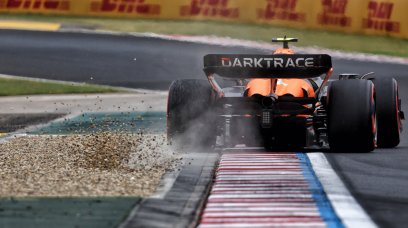The eThekwini Municipality in KwaZulu-Natal will hold a meeting on Tuesday on the state of the city’s beaches with various stakeholders, including residents and non-governmental organisations.
The meeting comes after the city’s struggle with high levels of e-coli bacteria on some beaches.
The bacteria has been linked to sewage spills, which have been made much worse by recent flooding.
Earlier this month, the municipality said they would be able to reopen beaches that are still closed by December 1.
The city has come under fire for failing to improve its sewer infrastructure after it was damaged by floods in April and May. The city is expected to give a progress report at that meeting.
Beaches still closed to swimming include Umhlanga, Umdloti and Westbrook.
Constant shutdowns can impair the clearance of E.coli levels
In October, water quality NGO Adopt-A-River said it had identified the power outage as a factor that could worsen the resolution of high levels of E. coli on Durban’s beaches.
Adopt-A-River has begun testing water quality in Durban’s rivers following the April floods.
Escherichia coli was found in the water after flooding damaged several pumping stations and sewage treatment plants.
Several pumping stations and water treatment plants in eThekwini were damaged after the April flood
Adopt-A-River was at the forefront of detecting e.coli levels on Durban’s beaches and rivers.
“We started water sampling at the beginning of this year. This happened after a really heavy rain over the New Year period. This raised further questions because we have a team based on the Umgeni River and it suddenly went black. So we wanted to investigate further how and where this might have come from, and from this sample we were able to work with labs and include other locations for research,” explains Adopt-A-River Director Janet Simpkins. .







